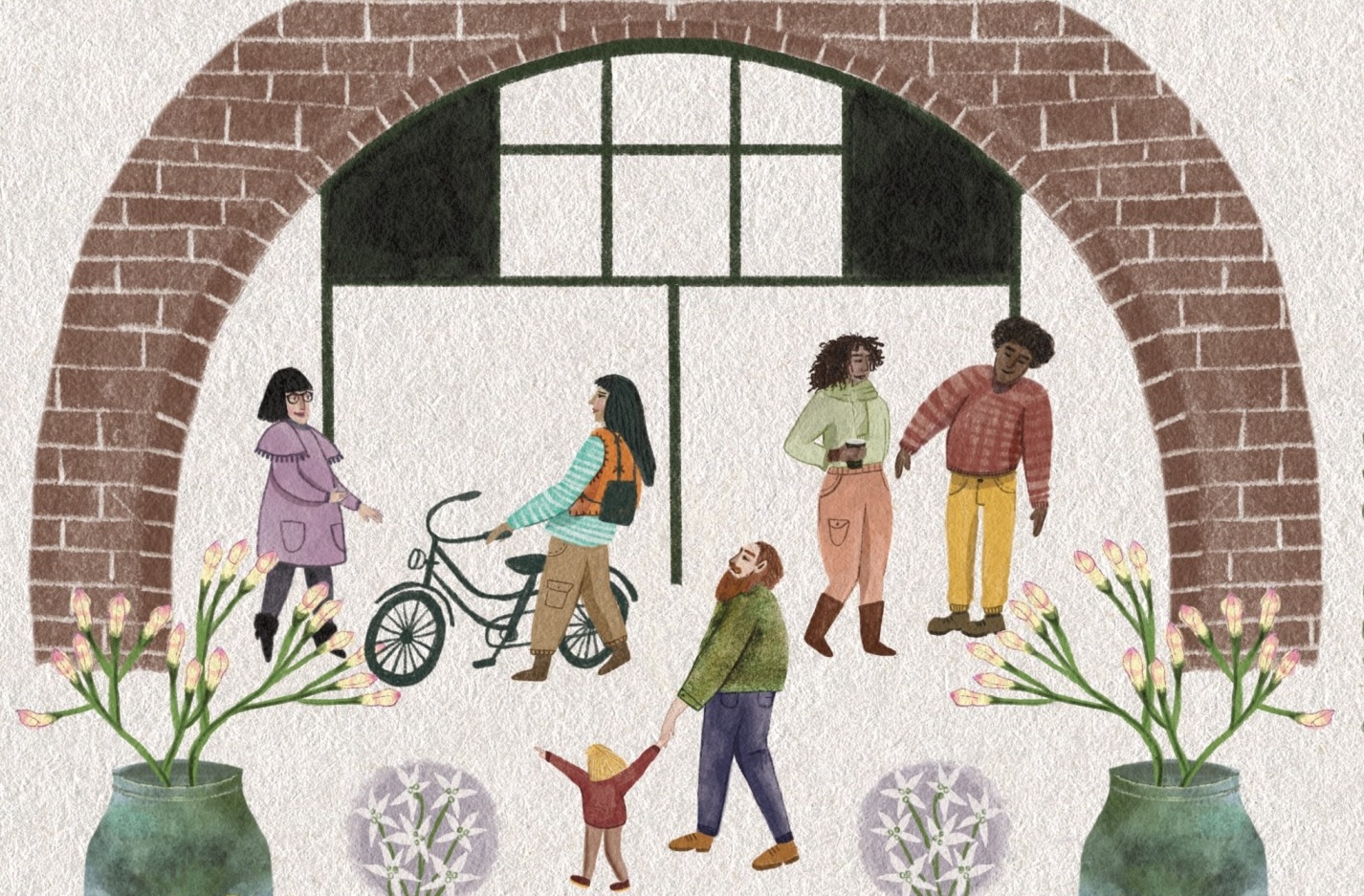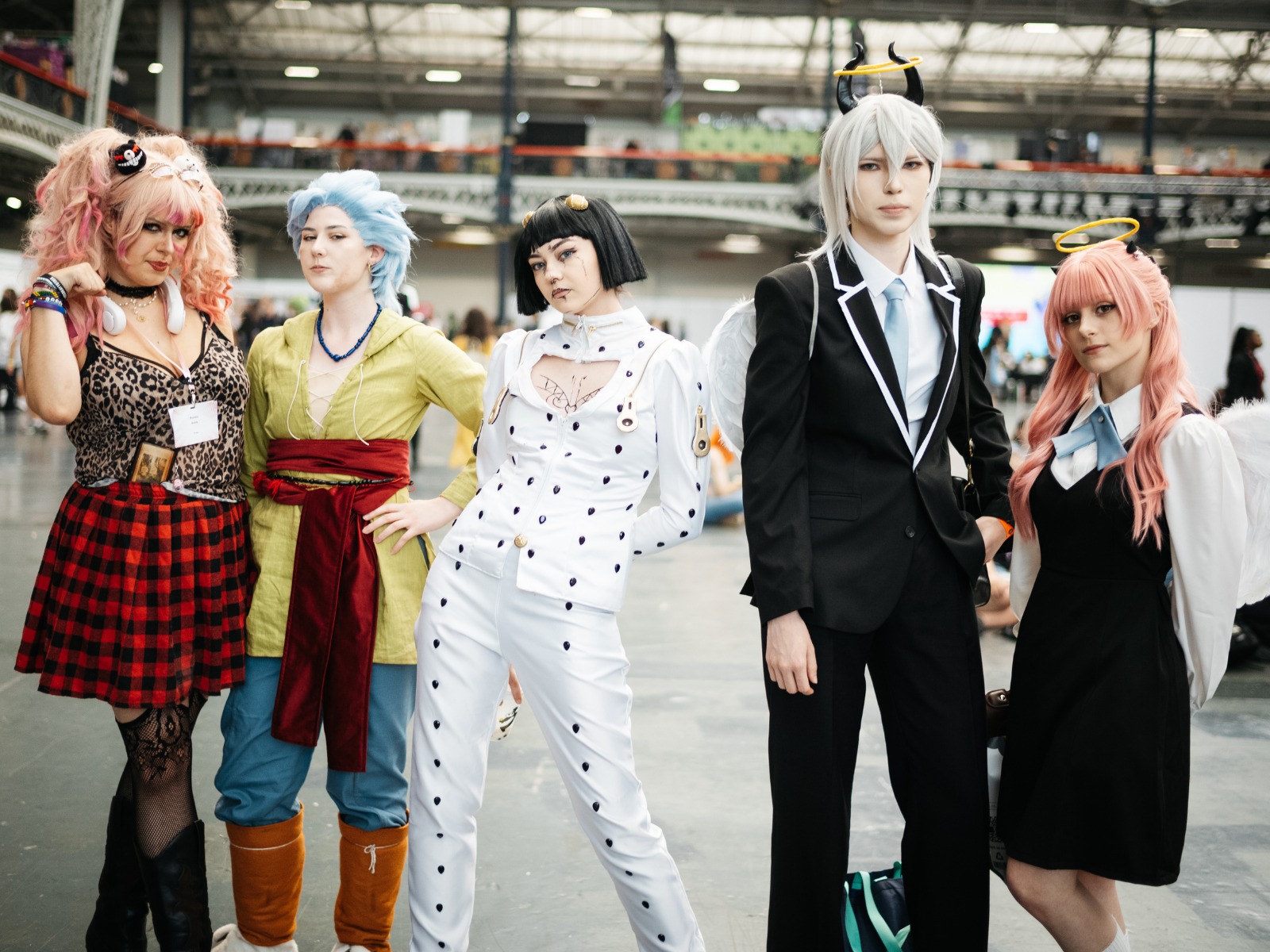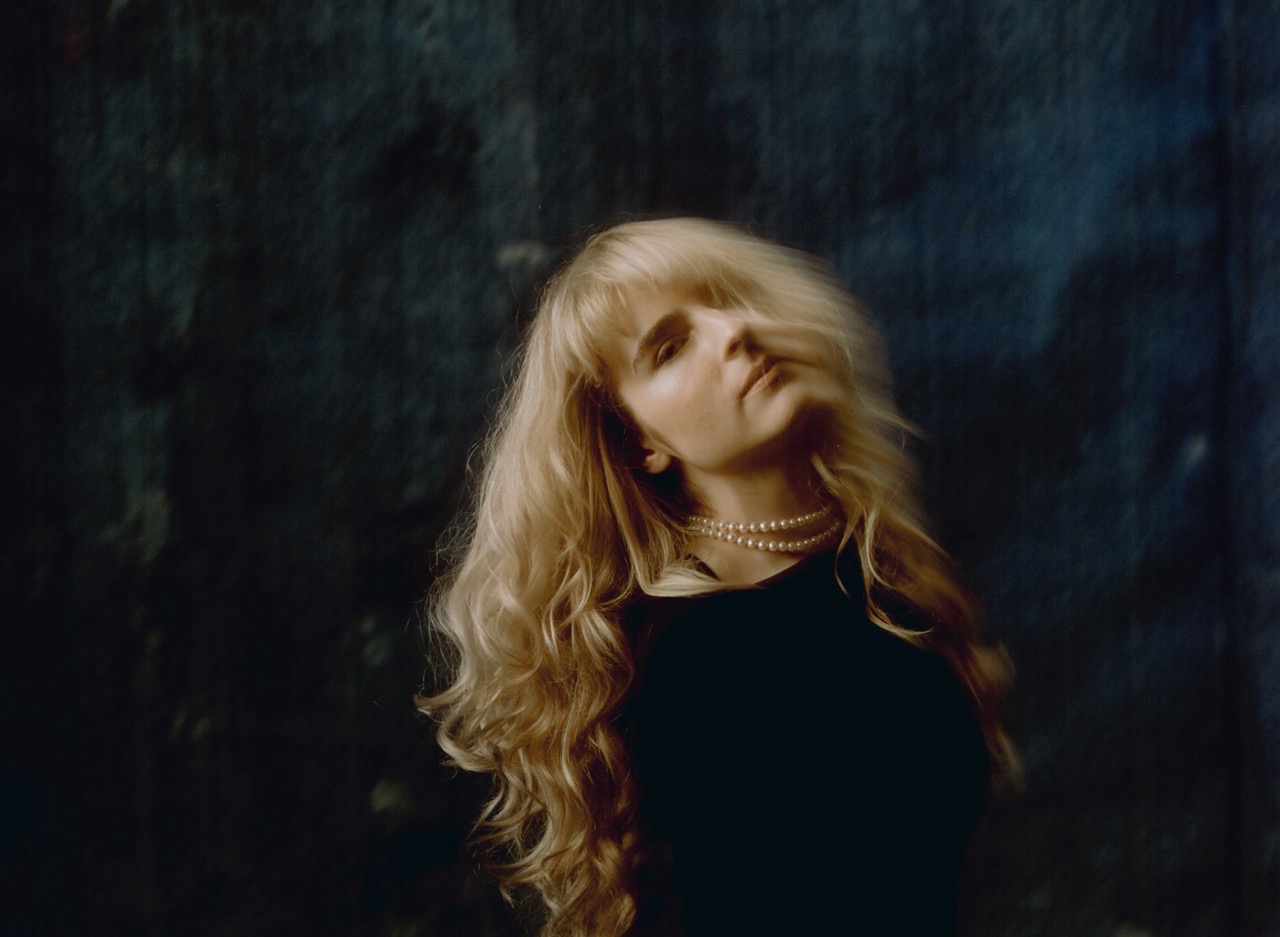Mary Middlefield doesn’t just write songs—she unpacks emotions, confronts uncomfortable truths, and turns them into raw, cathartic anthems. With her latest single Bite Me, she explores the weight of validation, self-worth, and breaking free from the expectations that never served her. Ahead of her upcoming album, we sat down with Mary to talk about genre fluidity, classical influences, and why sometimes, the most powerful thing you can do is stop asking for permission.
What inspired you to write “Bite Me,” and how does the song reflect your personal journey with self-worth and the search for validation?
“Bite Me” came from a place of deep frustration—of constantly seeking validation from people who never really deserved that kind of power over me. I’ve always wanted to be liked, trusted, and loved, but when that approval isn’t there, it leaves this unsettling question—who am I without it? It’s a song about “daddy” issues, basically. I think a lot of people can relate to that feeling, whether it’s in relationships, careers, or just navigating life. The song is a bit of a breaking point—an anthem for realizing you don’t need to beg for the things you should’ve been given freely.”
“Bite Me” blends indie-rock grit with melodic pop sensibilities. How do you approach mixing these genres, and what excites you about challenging traditional musical boundaries?
I love the tension between raw, distorted guitars and a melody that’s almost deceptively catchy. It creates this push and pull—something aggressive yet emotionally vulnerable, familiar yet unpredictable. I never want to box myself into just one sound. If a heavier rock riff feels right, I’ll lean into it. If a pop hook fits, I won’t fight it. The most exciting music happens when you stop worrying about genres and just focus on making something that feels honest.
As a classically trained violinist since age five, how do those early musical experiences continue to influence your songwriting and the way you craft your arrangements today?
That training is in my DNA at this point. Even when I’m writing something raw and unpolished, I instinctively think about dynamics, tension, and release—the way classical music ingrained in me. It also made me obsessed with layering, whether it’s strings, harmonies, or textures that add depth and movement to a song. I think that background gives my music a sense of structure, even when it feels chaotic.
Your music is known for confronting raw and uncomfortable truths. How do you balance vulnerability and confrontation in your lyrics to create songs that resonate with your audience?
I think the key is writing from a place of truth, even if it’s messy. I don’t want to sugarcoat things—I’d rather say what I actually feel, even if it’s uncomfortable. But at the same time, I always want my songs to feel cathartic, not just heavy. It’s about finding that balance—being real, but also leaving space for something empowering or hopeful in the process.
With anticipation building for your sophomore album, what themes of identity, self-acceptance, and belonging can listeners expect to hear explored further in your upcoming work?
The upcoming stuff is all about self-reckoning—examining the versions of myself I’ve been, the people I’ve chased, and what I actually want moving forward. There’s a strong theme of shedding old skin, breaking cycles, and figuring out where I belong outside of other people’s expectations. Sonically, it’s darker and more unfiltered, but also funnier and way more fun than my previous work. It still carries that mix of defiance and vulnerability, but this time, I’m letting loose a little more.
Having performed at major festivals like Glastonbury and Montreux, how have those live experiences shaped your creative process and influenced your approach in the studio?
Performing live really changes your perspective. When you see how a crowd reacts—what makes them lose themselves, what lines hit hardest—it shifts the way you think about songwriting. I used to write more introspectively, but now I also focus on the physicality of a song—how it translates in a room full of people. The hard truth is, not every song is going to land with an audience, especially if they’re just discovering you. These days, I write with the live show in mind, thinking about how the songs will come alive in that space. It’s made me bolder with arrangements and it’s less afraid to take risks.
Looking back on your journey from your debut album “Thank You Alexander” to “Poetry (for the scorned and lonely),” how would you describe the evolution of your sound, and where do you see your artistry heading next?
My first record was like a diary entry—raw, confessional, and all about figuring out my voice and artistry. ‘Poetry’ feels more intentional, more refined in production, but also more cohesive and fearless in its honesty. Looking ahead, I want to push that even further—less polished, more gut-driven.







